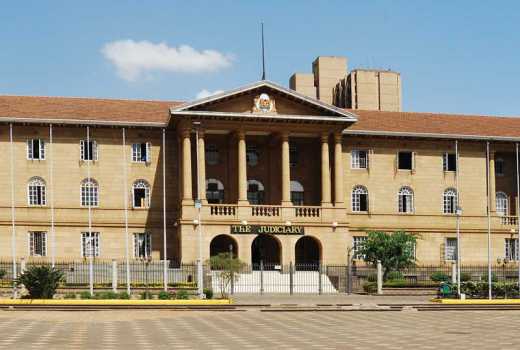×
The Standard e-Paper
Stay Informed, Even Offline

The majority of Kenyans want sex pests tried for capital offence and punished more severely than even terrorists and the corrupt.
According to the report of a task force that looked into criminal law, 54 per cent of those interviewed want rape to be categorised as a capital offence and those convicted of the crime jailed without the possibility of parole.